Home Safes
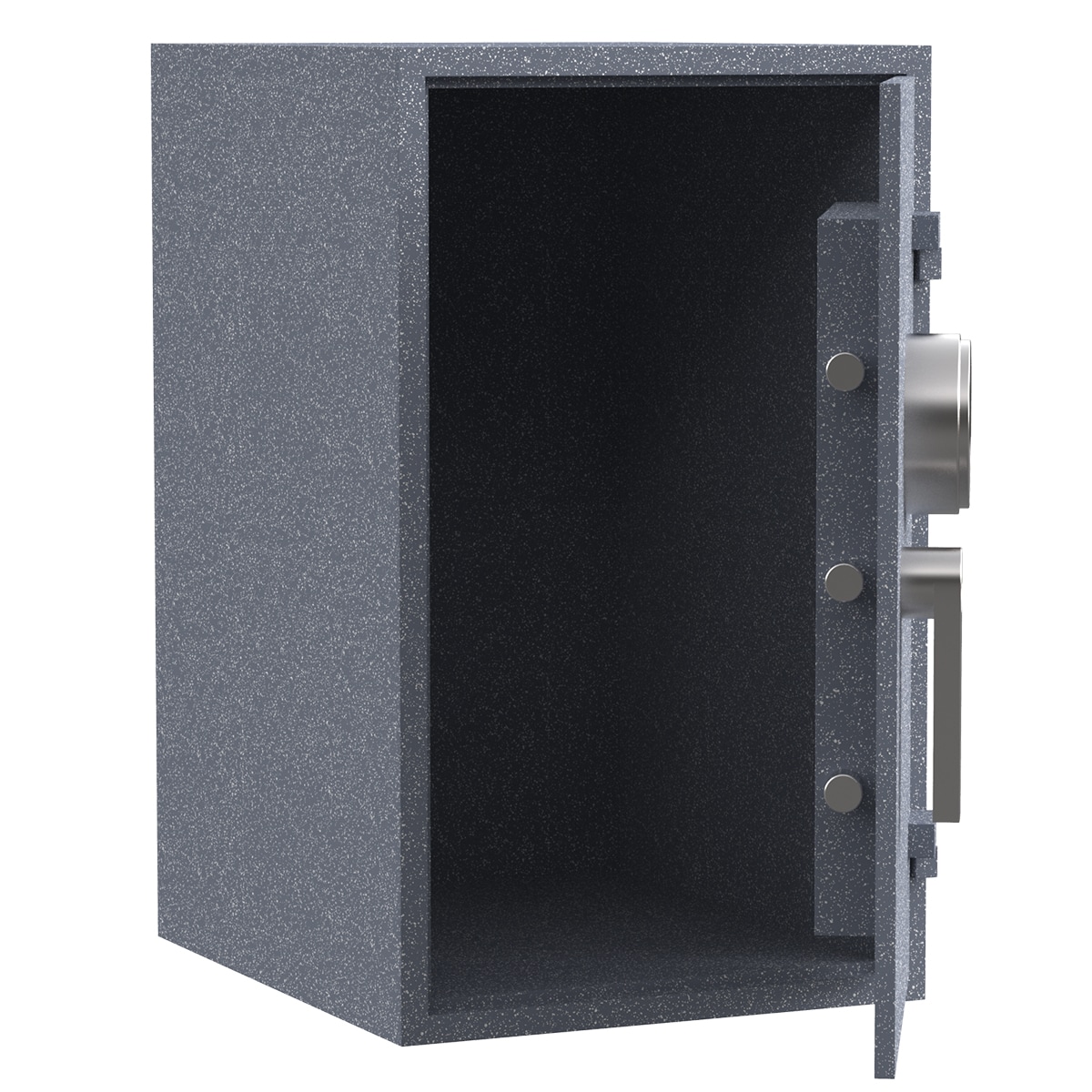
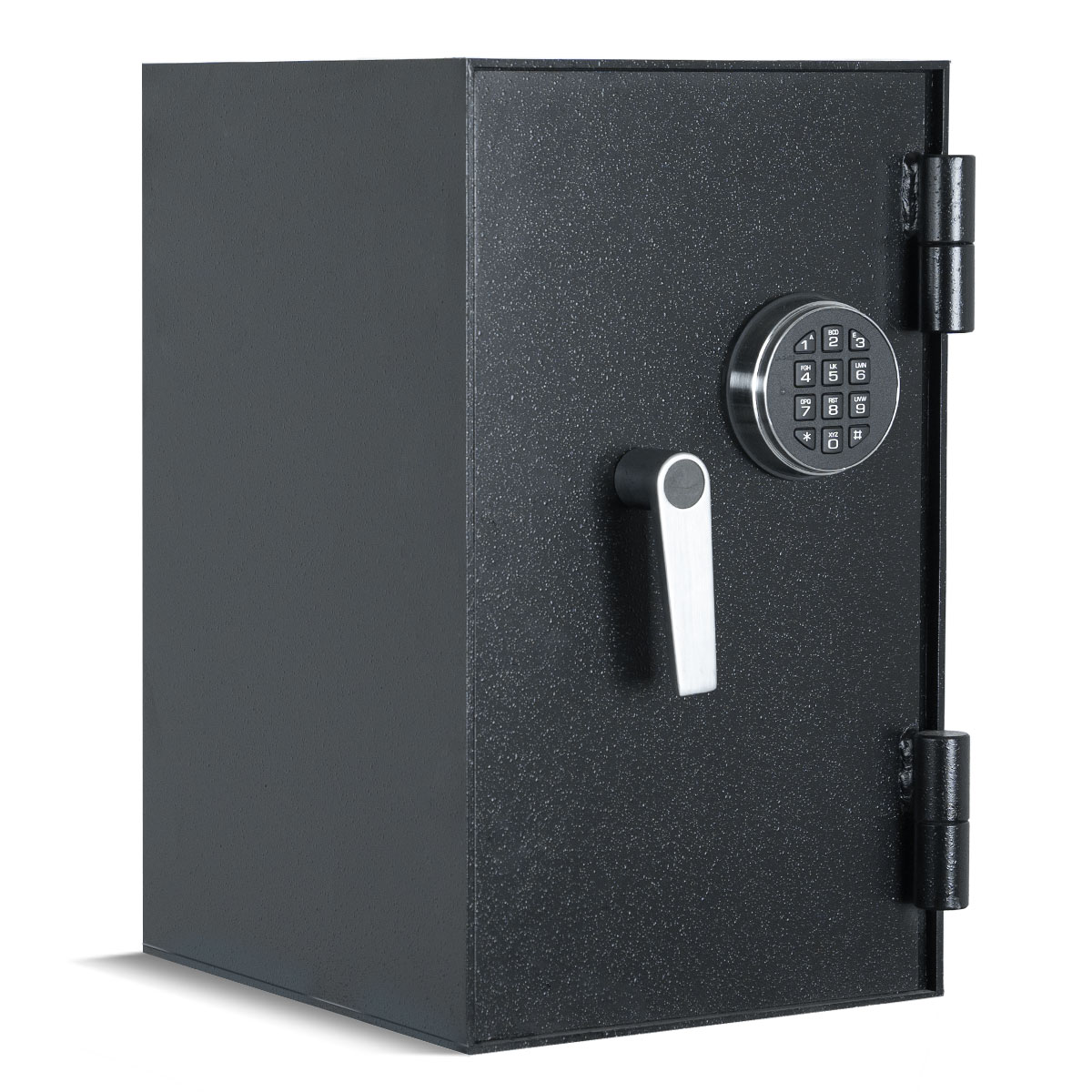
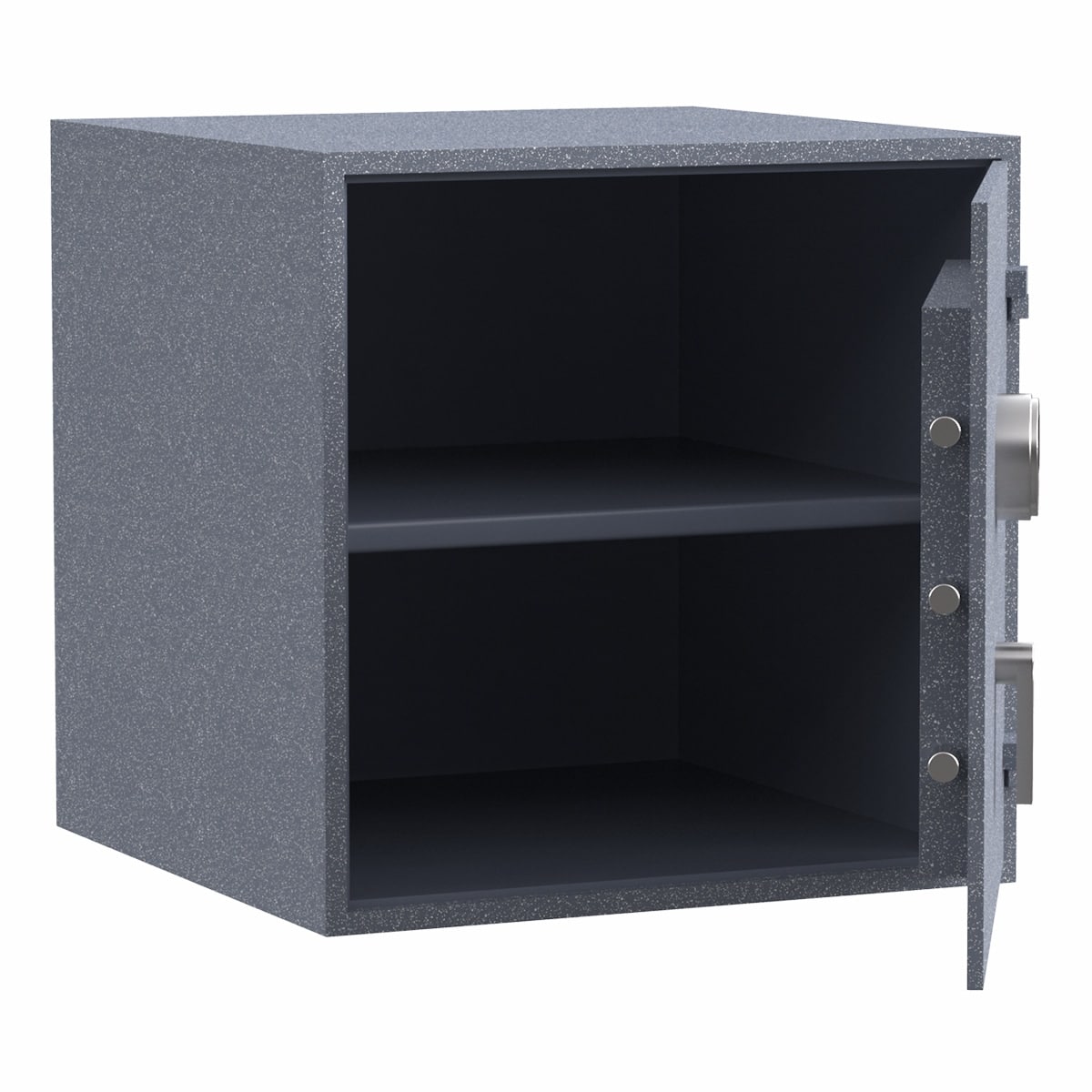
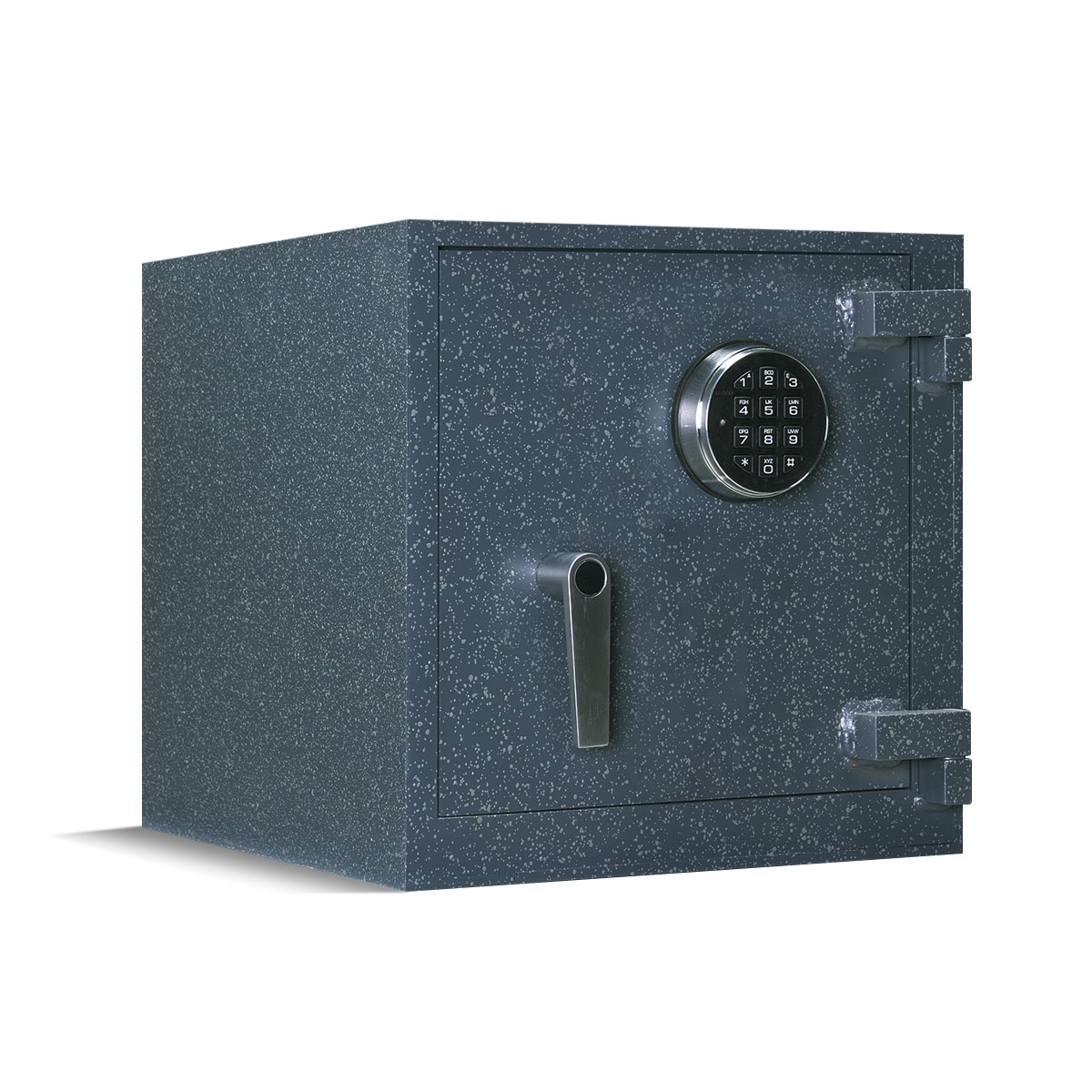
BR-Rated Residential Burglary Safe

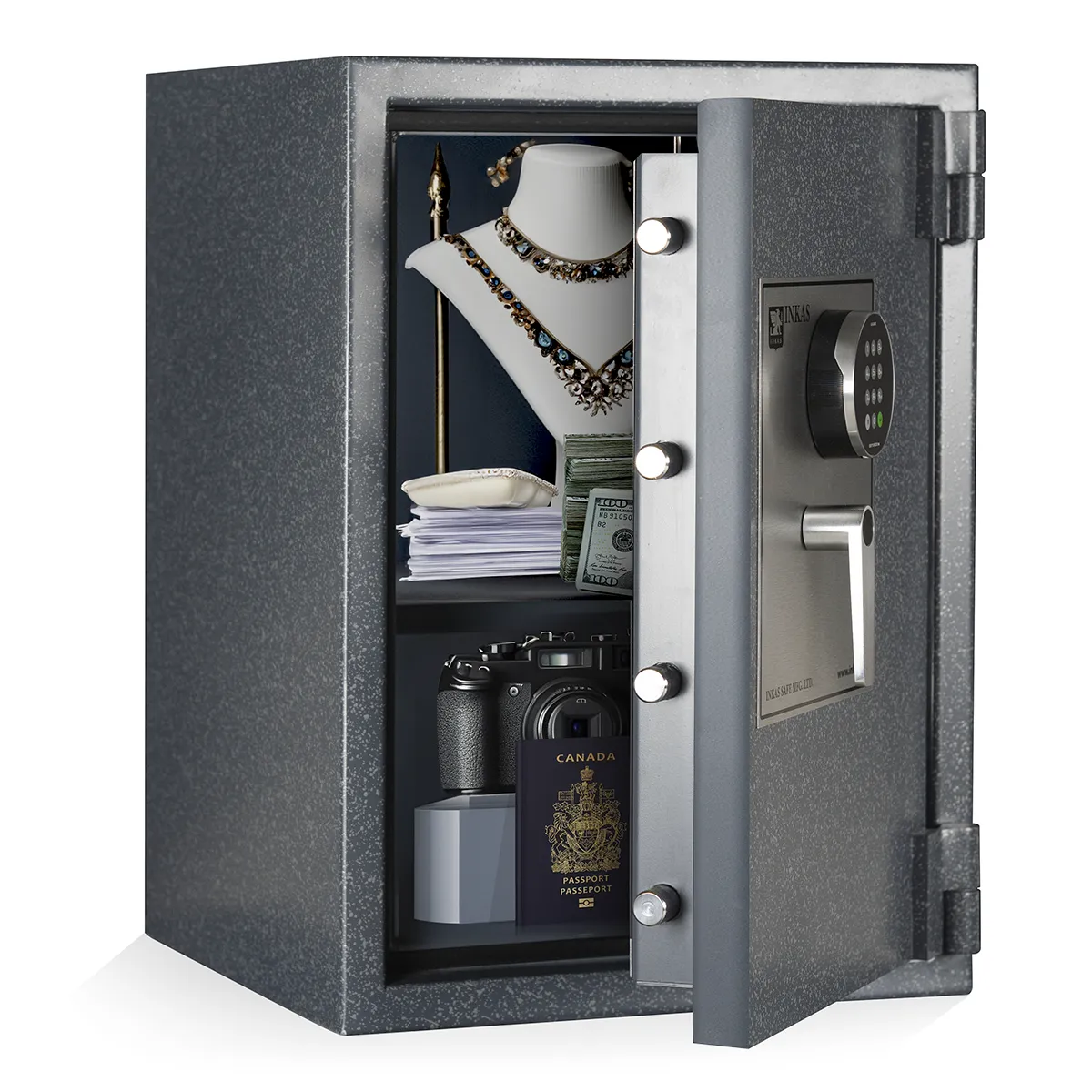
RSC-Rated Residential Burglary Safe
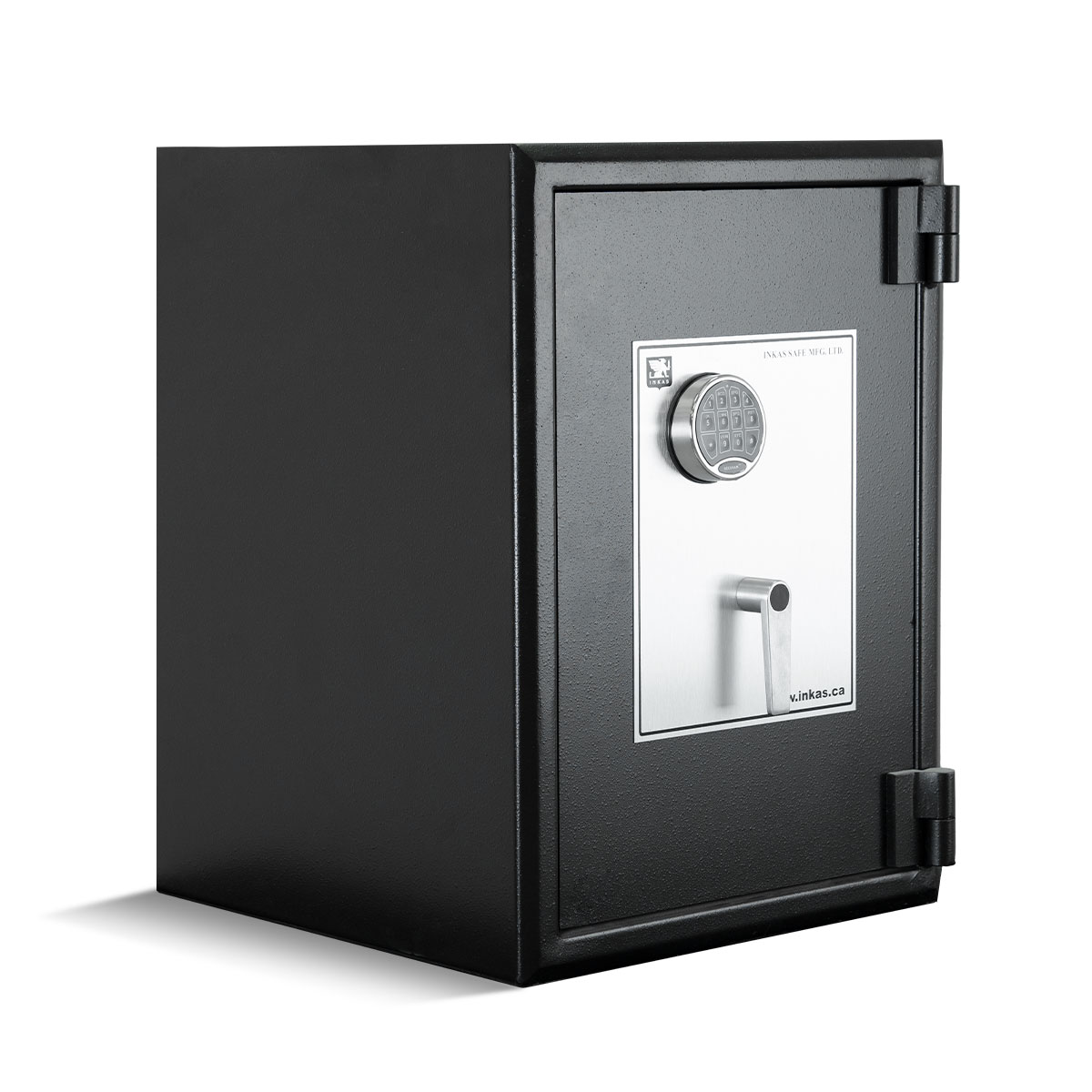
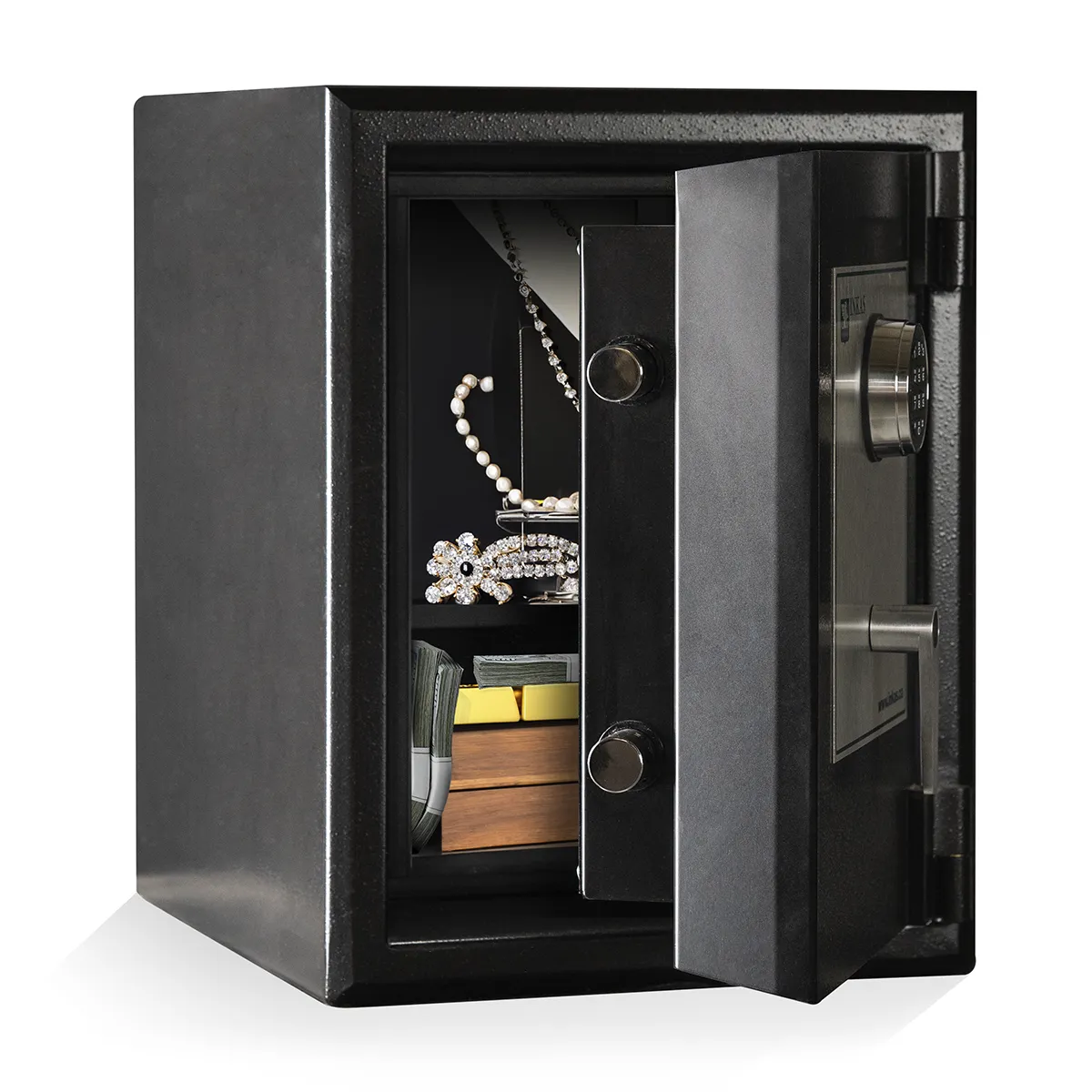
UL-TL15 High-Security Safe
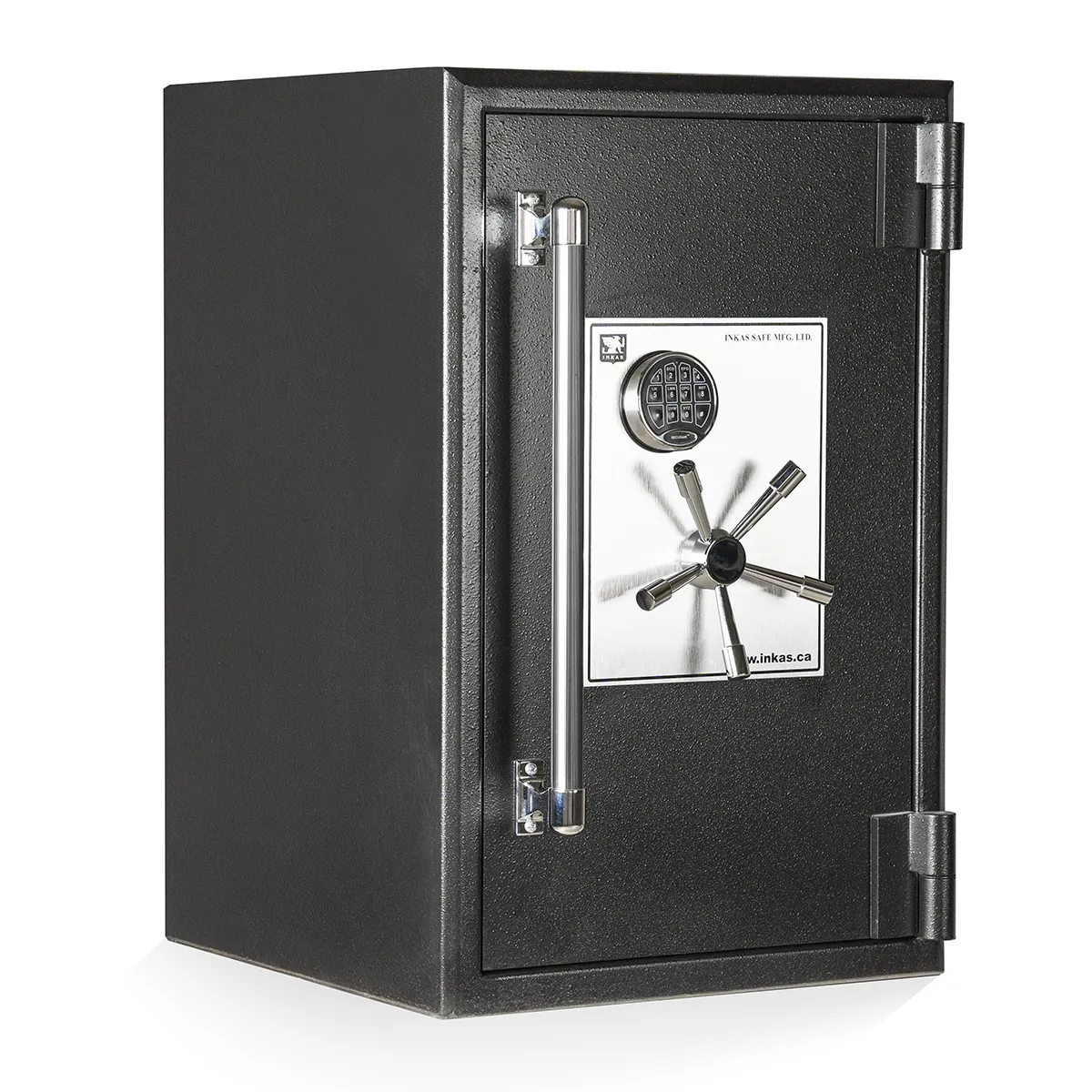
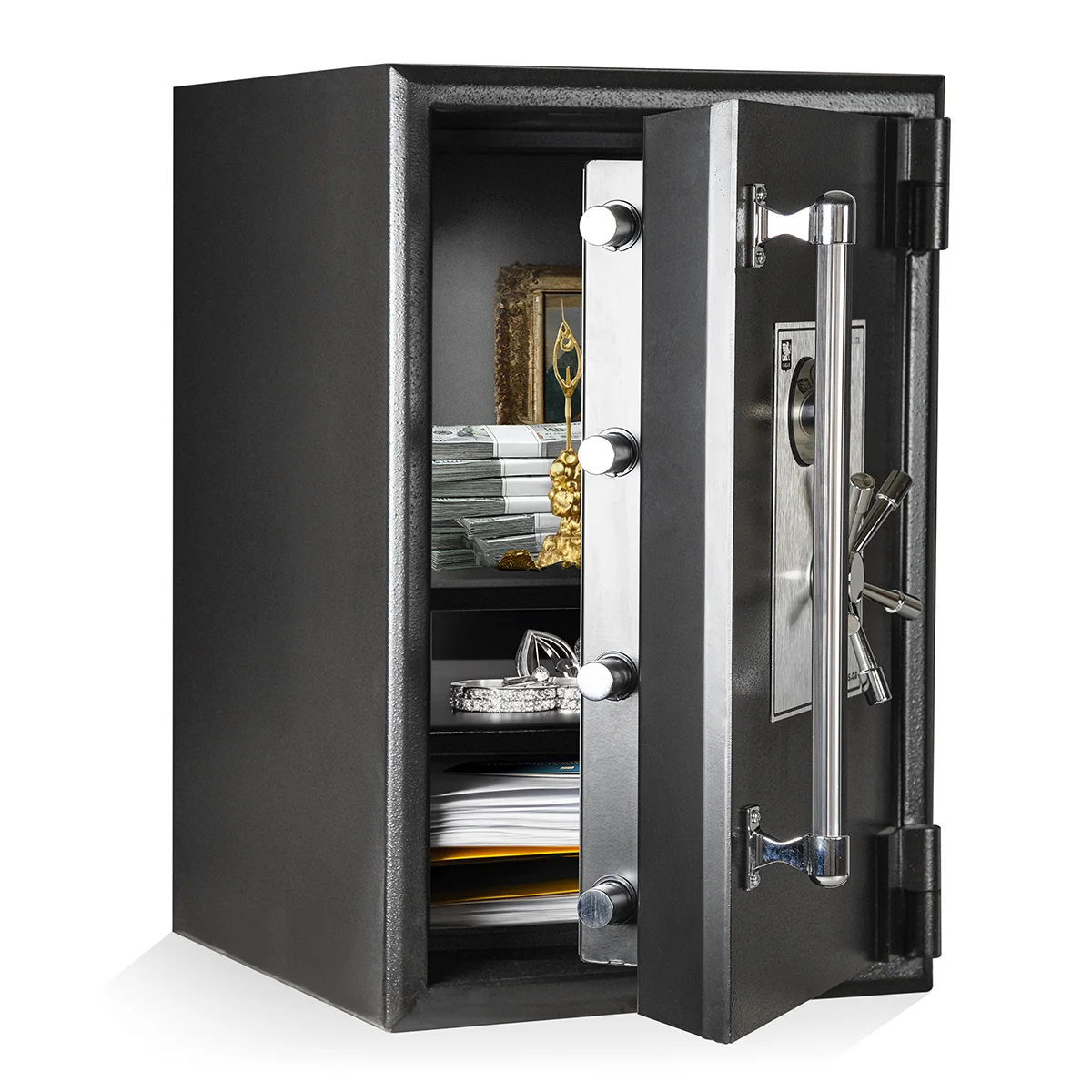
UL-TL30 High-Security Safe
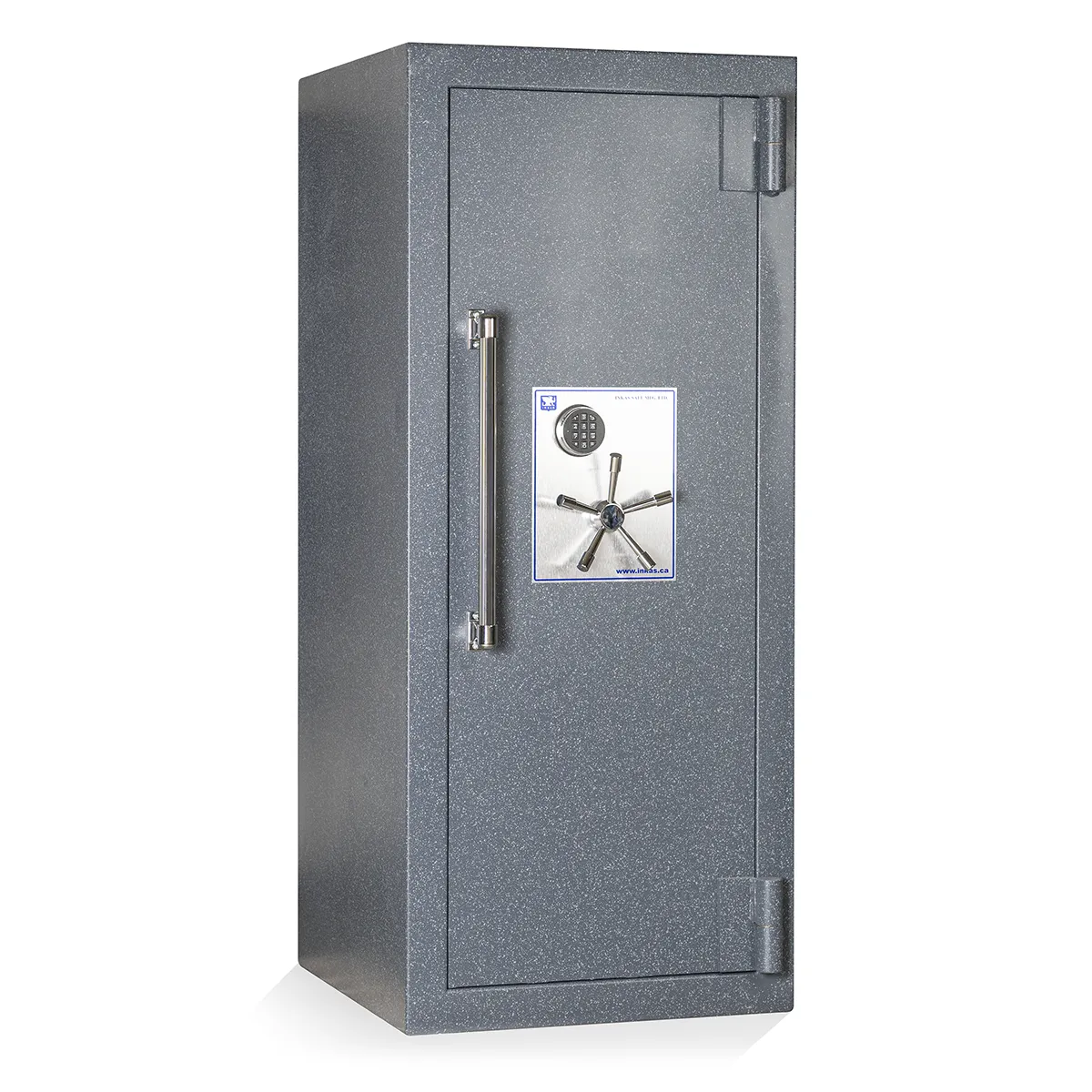
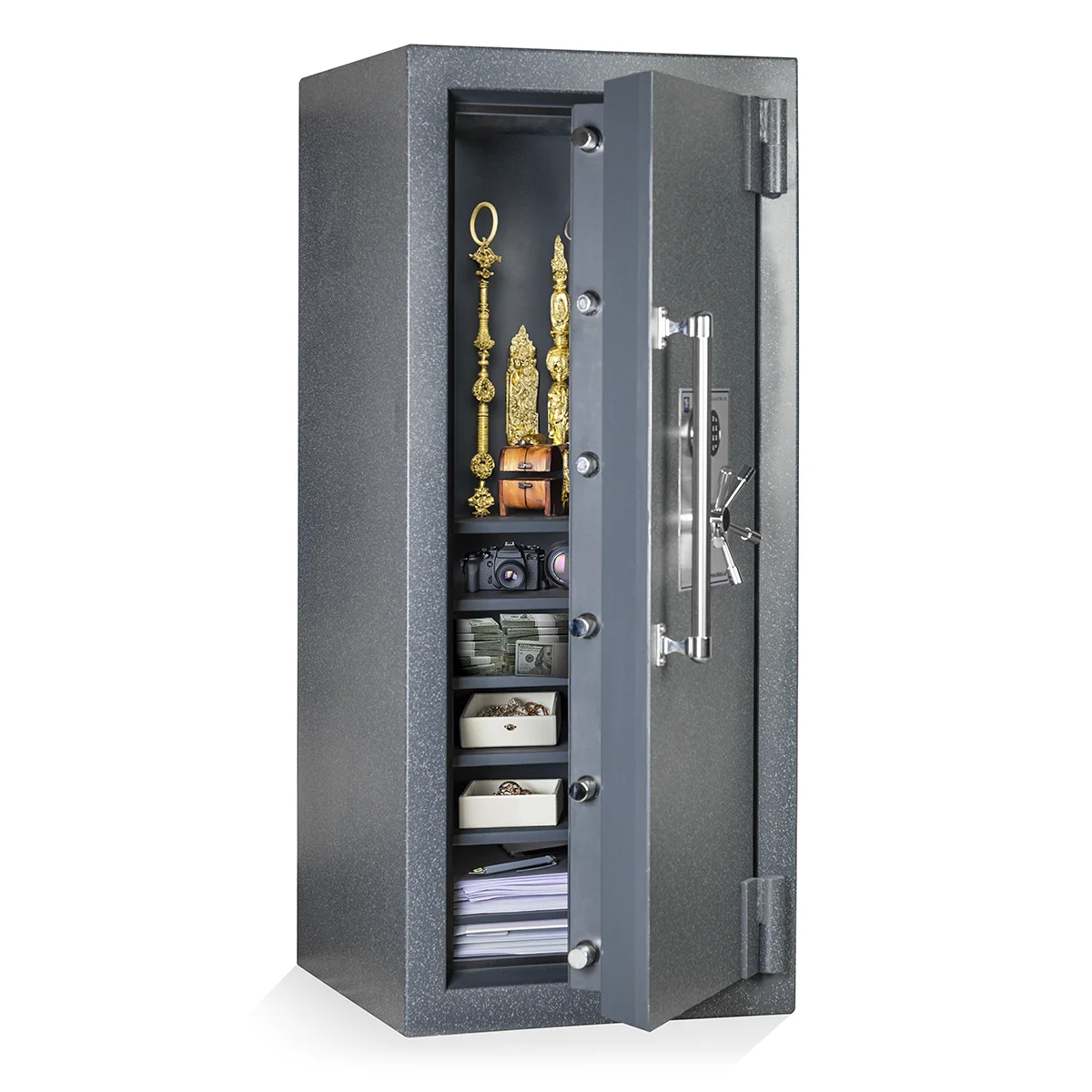
UL-TL30x6 High Security Safe
Residential Safes – Reliable Protection of Valuables Against Theft and Emergencies!
The category of valuables includes many different items. It can be money, jewelry, important documents, keys, and even photos. All this needs special protection because the loss of something from this list can lead to severe consequences.
Unfortunately, there are always risks. Among them are fires, floods, natural disasters, and other emergencies. In addition, valuable things attract criminals. House safes offered by the INKAS company will help protect them from such situations. These are structures that are made of super-strong materials using the latest lock systems.
What Things Can Be Stored in House Safes?
There are no strict restrictions on the categories of things. In the residential safes presented on the site, you can place all kinds of things that have value for you. Among them, you can highlight:
- Confidential data and electronic media
- Keys (regular and electronic)
- Securities
- Commercial contracts
- Various certificates
- Testaments
- Cash
- Insurance contracts
- Powers of attorney and reporting documents
- Jewelry and precious metals
The list of what can be stored in high-end residential safes can be longer. Each owner decides this individually. However, when choosing things, you need to take into account the capacity of the structure. Objects should be freely placed inside and not create obstacles in the process of closing the lock.
What Advantages Does the Purchase of Residential Safes Provide?
Owners of valuables have access to various methods of setting up protection. You can store them in banks or specialized institutions. However, none of them can compare with personal safe. The structure that you install in a residence is within easy reach. You can check it at any time, and also get the necessary thing from there. In addition, there are other advantages of using high-end home safes:
- Reliable protection: INKAS structures are made of ultra-strong steel materials and also have high-tech locks. This protects against brute force, drilling, flooding, fire, and harmful environmental factors.
- Reducing the level of stress in case of emergencies: Setting up a home safe allows you to reduce the level of anxiety in case of unexpected events. After all, the stable walls of the structure can withstand various types of impact.
- Reduce the risk of fraud and identity theft: By keeping Social Security cards, credit cards, passports, and other valuable documents in a safe, you can avoid fraudulent schemes and damage to your company’s reputation.
In addition, a robust design with a reliable code or electronic lock will help protect valuables from curious children. Situations when the smallest members of the family accidentally spoil valuable things are not uncommon. That is why it is worth placing them in securely closed safes.
Which Home-Safe Manufacturers Offer the Best Models?
INKAS is among those manufacturers that produce bank-class designs with a high level of protection. In the production process, we use the latest technologies in the industry, as well as extremely strong and durable materials. Safes are made of composite structures that have a strong steel coating.
Thanks to the combination of technologies, it is possible to create structures that withstand floods, fires, and burglaries, as well as the impact of brute mechanical force. In addition, we offer a wide selection of designs. They are suitable for both home and office. All these features make our company one of the best home-safe manufacturers in Canada.
How to choose secure home safes?
When choosing a residential safe, the consumer should pay attention to its anti-burglary rating. For example TL-30 safe can withstand 30 minutes opening or dislocating attempt.
An important factor for safe security is having composite layers – when burglar has to deal with multiple materials he has to have different tool; and because manufacturer will rarely disclose layers setup burglar will never know what tools to have on him.
Another layer of protection is the weight of the safe. The heavier the safe, the harder to remove it from your house.
And finally, it should have the ability to be bolted to the solid floor in order to be secured inside your property.
Does having a safe reduce home insurance?
Depending on your insurance agency policy, they might reduce home monthly rate if you buy and install a high-level security safe. For best discount it should be mounted to the floor, waterproof and fire-rated, ideally having installed alarm connected to your security monitoring company; which triggered if a burglar attempts to crack-open the safe.
Are valuables stored in residential safes covered by insurance?
Typically bank deposit box is completely falling out of insurance coverage, and there is a cap for home valuables worth covered by insurance. The coverage will automatically increase when you have a safe at your property, and if you list your items you can create a custom coverage quote with your insurance broker.
Why is a Home Safe Better Than a Safety Deposit Box?
- Valuables are available 24/7
- Valuables are insured
- You are in control of container size, larger safe gives you more space for storage
- Store any item you need, no limitations
- High-level security safe are fire and water proofed (deposit boxes are not)
What to store in a home safe?
If you own a residential safe, these are the valuables recommended to be stored in:
- Important documents like property ownership or insurance policies, vehicle titles, investment and retirement plans
- Passports, IDs and original birth certificates
- Important keys such as keys for bank deposit box
- Passwords to important accounts
- Legal document such as living wills, powers of attorney etc.
- Jewelry
- Coins and collectables
- Cash
Where is the best place to put a safe in your house?
The safest place to install your safe is in the corner so it will be supported and protected by two walls. However sometimes homeowners decide to hide the safe is a spot where thieves will usually not look for valuables, such as closet, wardrobe, or even hidden inside the wall.
In any case, it’s best to be anchored to the concrete floor, so the basement would be an ideal choice, or the ground floor of the bungalow house.

